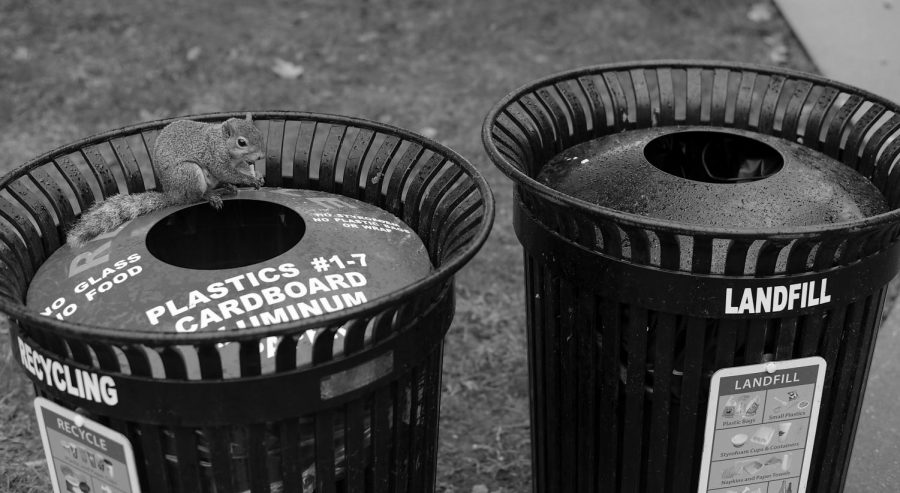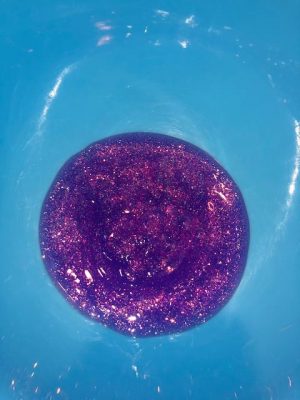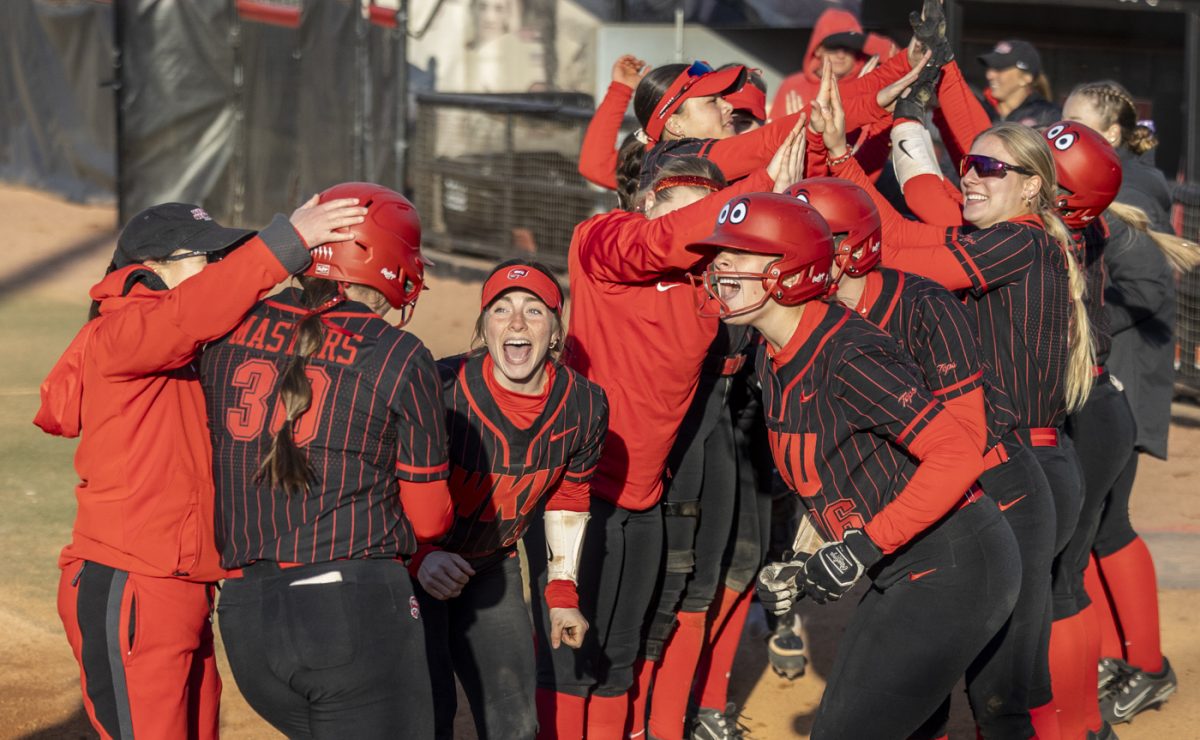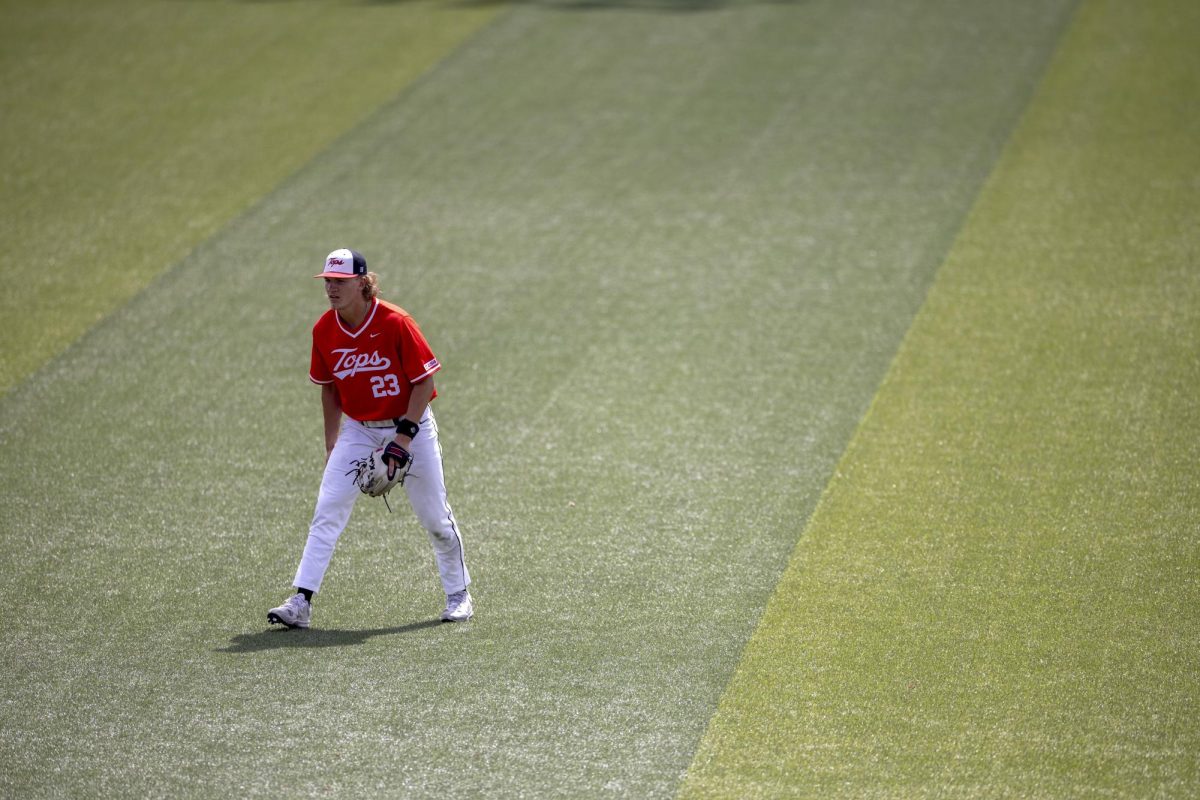EDITORIAL: It’s time for WKU to switch to environmentally-friendly take-out products
October 26, 2020
Issue: The rise in take-out food on WKU’s campus has increased the amount of styrofoam and other environmentally-harmful products being put into the hands of students.
Our stance: Because the products being used by WKU’s dining are not recyclable or biodegradable, the containers being used on campus should change if take-out options are going to continue.
Modifications were made to WKU’s dining services after students were welcomed back in fall 2020 following the global COVID-19 outbreak, including an increase in carryout.
While an increase in carryout is imperative to combatting COVID-19, using the right carryout products is imperative to caring for the environment.
Styrofoam, used frequently on campus for take-out orders, cannot biodegrade or be broken down by any other means, so it must stay in landfills forever.
Similarly, plastic is rarely recyclable, and when it is, it doesn’t really get recycled. Seventy-six percent of all plastic ends up as waste, according to Harvard Business Review.
WKU has a very extensive recycling program as it is able to recycle paper, most plastics, aluminum, glass, tin and cardboard. However, the campus supply of “plastic bags and styrofoam are items not collected for recycling on campus,” according to WKU’s Office of Sustainability.
It is understandable why plastics and styrofoam are being used for this uptake in takeout: they’re cheap. Plus styrofoam is especially helpful at keeping products hot due to its insulation properties, according to Rutgers University.
Consider, however, the fact that there was an estimated 270,000 tons of plastic floating in the world’s water in 2018, according to Forbes. Or consider that the Scientific American reported that chemicals from plastic can be absorbed by humans and wildlife in ways that affect their health.
On top of that, the styrofoam that is used for take-out containers at places on campus like RedZone are manufactured by a process that is the fifth leading producer of hazardous waste, according to Rutgers. Similarly to plastic, styrofoam also seeps into the food that it carries and negatively affects human health.
WKU has begun to work toward switching to more environmentally-friendly products in its dining areas, however. In 2014, WKU’s composting program began and has been able to divert between 1,000 to 4,000 pounds of post-consumer waste from landfills, and it collects an average of 1,400 pounds of pre-consumer waste per day.
Plus, places like Subway have begun to switch to more environmentally-friendly modes of take-out by switching from plastic bags to paper bags. But this is not enough.
Students get food from all areas of campus, so it is important that all of these green initiatives and more are implemented in every dining area on campus.
If there is no way to recycle plastic bags and styrofoam — two substances which are not biodegradable on their own — then these things should be eliminated from WKU’s campus altogether.
After all, there is only one decade left before climate change becomes irreversible, the United Nations said. So if WKU wants to contribute to reversing climate change, reducing its carbon footprint is an important first step.













